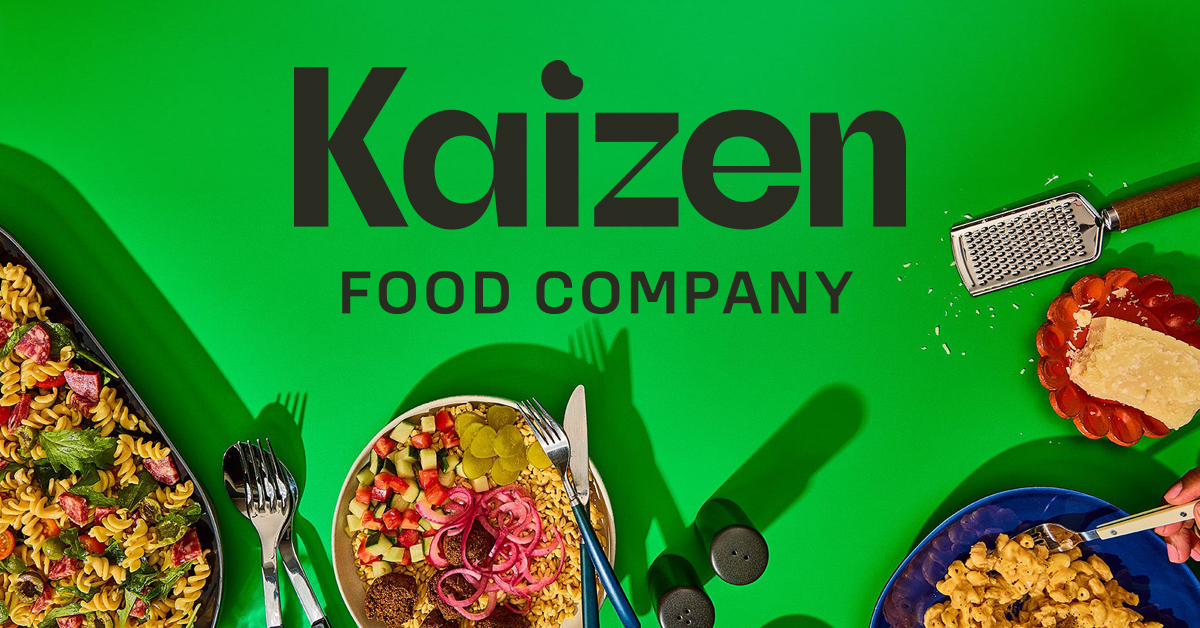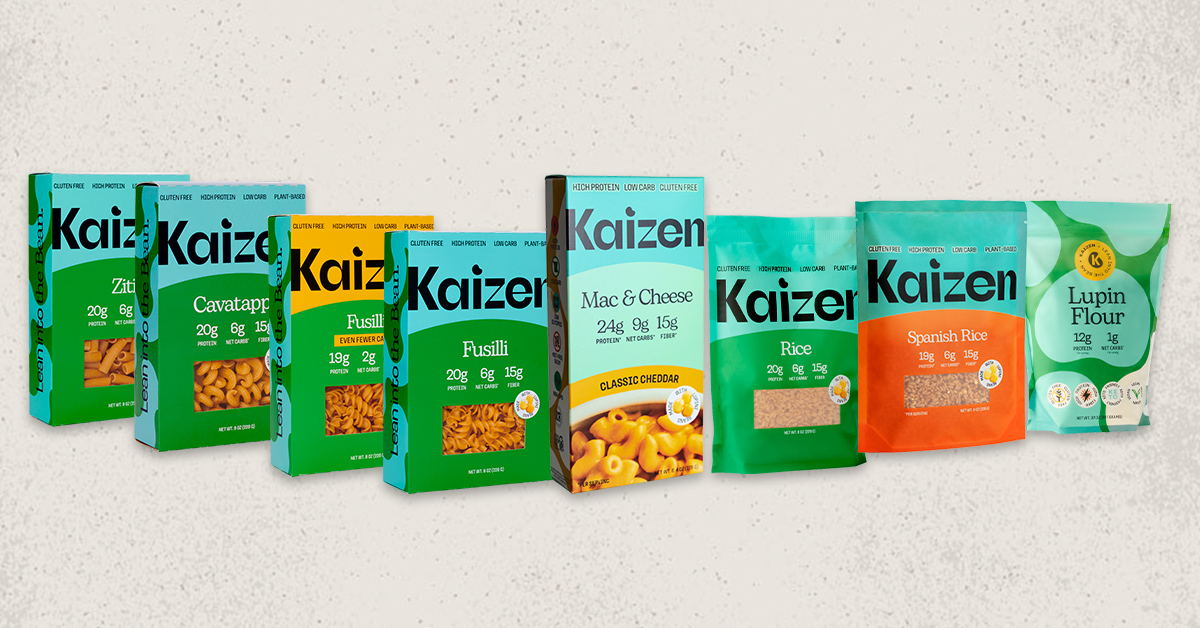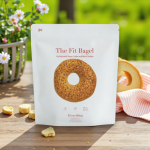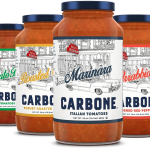How Content Creator-backed Kaizen Captured Consumers With Lupin

After spending the past three years drumming up interest online for high-protein, plant-based pantry staples, The Kaizen Food Company is now eyeing an expansion deeper into physical retail with a packaging update and expansion into value-added items.
The move represents a new chapter for the lupin bean-based brand, which to this point has existed primarily online direct-to-consumer and via platforms like Amazon and Thrive Market. But the transition to brick-and mortar channels is already underway: Kaizen products are now in approximately 50 independent retail accounts, secured primarily through wholesale platform Faire, with an average reorder rate of 90% thus far. Andronico’s, a high-end, seven-location grocery banner in the Bay Area, is set to become its first chain partner.
The self-funded company has been patient in making the jump, but after recording 3.6x year-over-year organic growth in 2024, the timing may be right. Since launching Kaizen in 2021, married co-founders his wife Madalina Defta and Arash Hashemi – the latter a content creator with over 3 million Instagram followers who built a personal brand around his keto diet weight loss journey – has been deliberate in their slow approach, noting the business has been profitable since day one and that all profits have been reinvested into growing the brand.
That includes new innovations: Kaizen recently introduced a limited edition boxed mac and cheese line made with its signature lupini bean pasta. The brand’s portfolio includes six shapes of dried pasta, lupin flour as well as two alternative rice products in Original and Spanish varieties. The pasta and rice products contain 20 grams of protein, 15 grams of fiber and 6 grams of net carbs per serving.
While Kaizen has grown, tested and iterated its approach, Hashemi said he has been surprised by how the products have captured consumers for a wide range of dietary and lifestyle preferences. Its packaging is in the process of a second revamping to make the product attributes even more prominent and see the addition of information to help educate consumers about the benefits of its hero lupin ingredient.
“We created this, in many respects, because of the high-protein, low carb attributes,” he said. “But what we’re learning is that [the products] are at the epicenter of so many different dietary and lifestyle choices that are so relevant in today’s world – whether that’s gluten-free, diabetics, blood sugar management [or] high fiber. Then, certainly, there’s a lot of folks that are doing lower carb, keto diets for medical reasons.”

Hashemi said that given the brand’s performance thus far and considering its upcoming growth initiatives it will likely begin looking for a strategic investor in the next three to six month period as it works to move deeper into retail.
“We made the decision early on that we didn’t want to dilute the company too early in the process,” Defta said. “This whole philosophy of ours around self-investment was not only because we were investing our own money, but it was also because we wanted to make sure we invest with profitability in mind.”
The company has also moved headquarters from the Bay Area to Western Massachusetts since its launch and Defta joined full time as CEO in March 2023. The team currently consists of Defta and Hashemi as well as a handful of part-time contractors and support from a marketing agency. While Defta handles much of the day-to-day operations, she said Hashemi serves as “the face of the brand” and leads marketing initiatives. However, both are involved in any strategic decisions related to the company’s growth, she said.
“We come from good old fashioned corporate backgrounds,” said Defta. “Both Arash and I spent a great deal of time in corporate finance, and myself in operations. We have a very strong business acumen and believe that while top line is important, we want to build a robust business from the start, even though that might mean that, early on, it might not be as fast [growing] as other companies strictly focused on the top line.”
Kaizen isn’t alone in working to create a market for lupini bean based products, which has become a popular, emerging ingredient among plant-based CPG brands due to the plant’s regenerative nature and the resulting product’s macronutrient profile. The ingredient has been used in everything from Wicked Kitchen’s plant-based ice cream to being positioned as the central focus of other CPG brands such as Brami.
However, the introduction of lupin to U.S. consumers hasn’t come without hurdles. Lupii, a lupin-based protein bar and pasta producer, closed its doors last year after four years in operation. It remains to be seen whether the likes of Brami, Kaizen and lupin snack producers such as Brutal can educate U.S. consumers and spearhead the adoption of the high-protein plant-based ingredient.

















